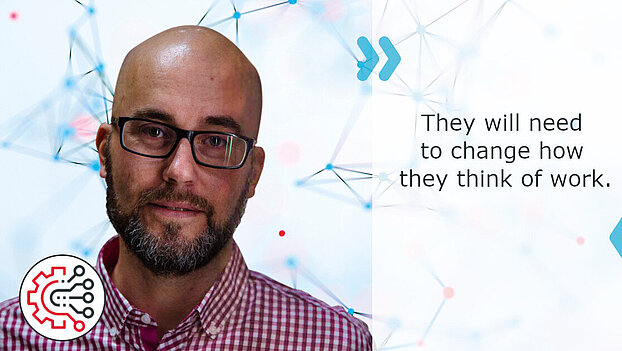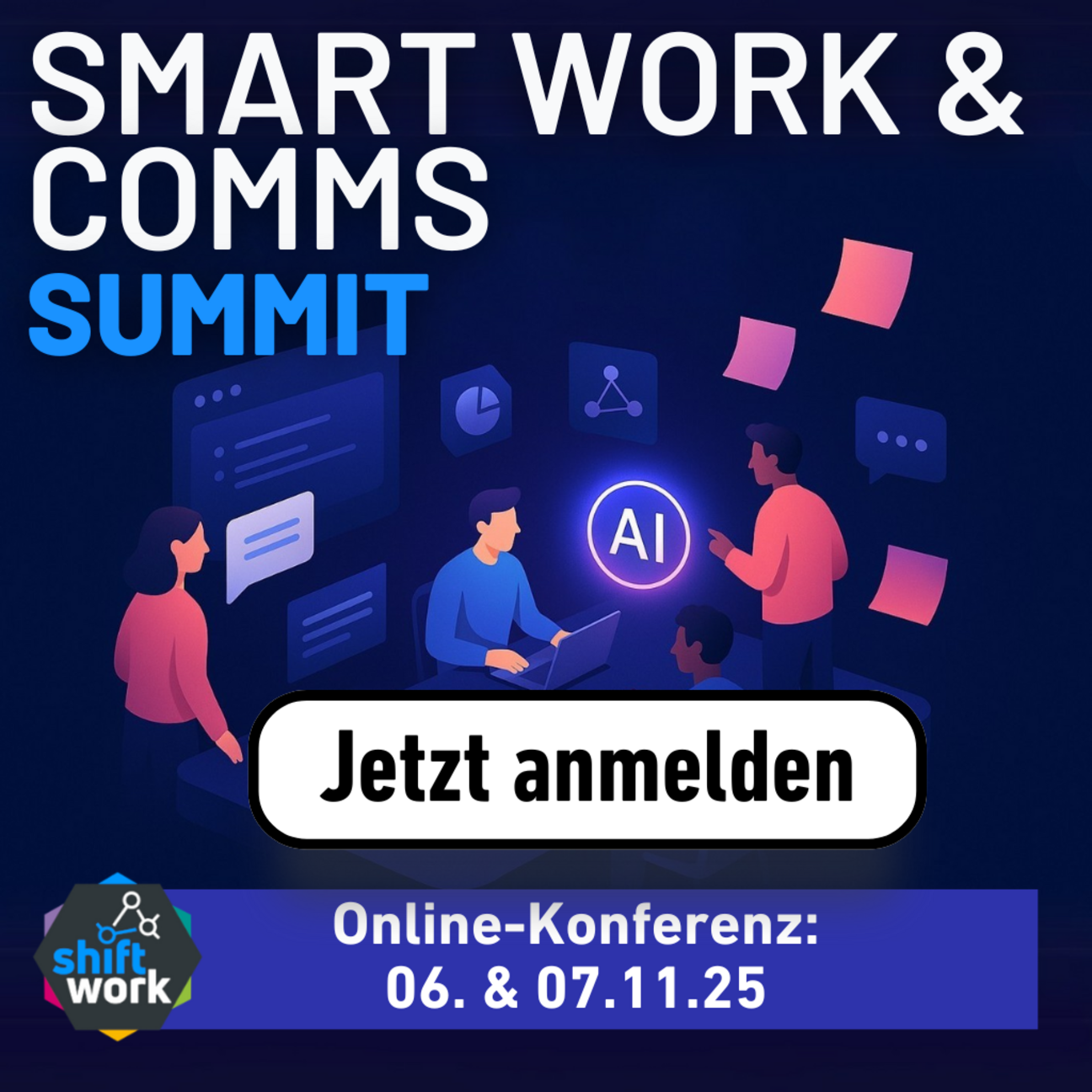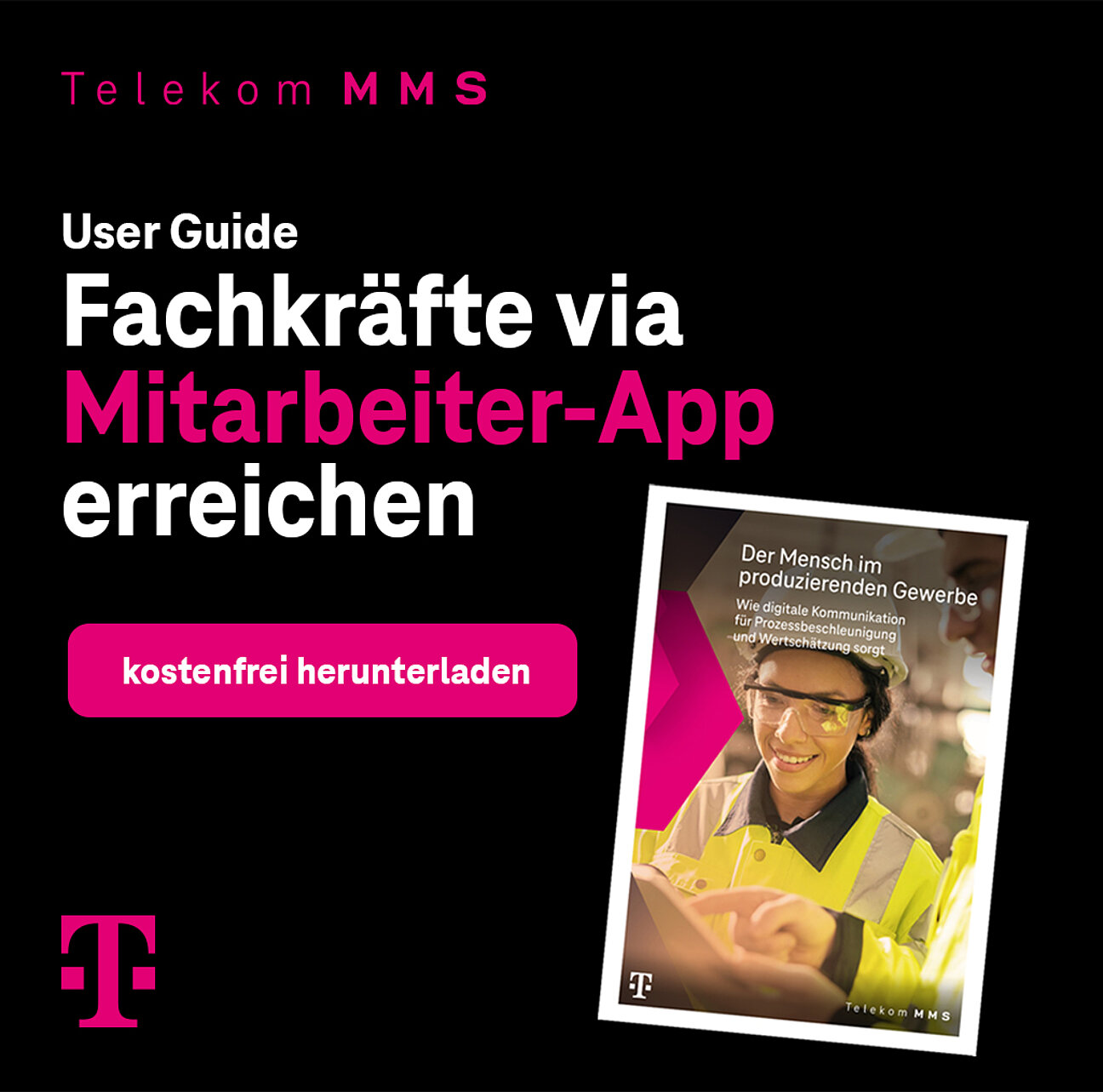
The Digital Workplace Tech FORUM is getting closer. Project managers and experts will meet on February 12 and 13 to discuss the various options, challenges and success factors for the technological implementation of the digital workplace in companies. The goal of successfully establishing the digital workplace is a comprehensive improvement of the employee experience and collaboration. We are very excited about Oscar Berg, Digital Strategist & Business Designer, Gr8 Mountains, who will give a lecture on February 13th about important trends for the design of the digital workplace in 2020! In our interview, he already gives us some insights into the topic:
Mr Berg - you will share with us your thoughts on the digital workplace in 2020. What are the three keywords, that describe your talk the best?
Seamless experience. Immersive cocreation. Artificial intelligence.
What is your vision regarding the future of the digital workplace?
A digital work environment designed purposefully and holistically with the people front and center.
To be a bit more concrete:
- The digital and physical work environment is seamlessly integrated and designed to fit the activity or task at hand.
- My work flows smoothly since the digital services interoperate and make it easy to move from one activity to the next and from one usage situation to another.
- Artificial intelligence both off-loads us from mundane and heavy cognitive work and leverages our human capabilities such as empathy, creativity and collaboration.
Everybody is talking about platforms and ecosystems nowadays - in the Digital Workplace the discussions are more and more limited to the Microsoft Office 365 approach. Has Microsoft Office 365 changed the way we are thinking about the Digital Workplace?
Being the dominating provider of enterprise productivity and collaboration tools, Microsoft definitely shapes the perception a lot of people have of the digital workplace. People’s perception of the digital workplace is shaped by what they experience on a daily basis, and in a Microsoft-dominated environment it is mostly Microsoft tools they experience. Up until recently most people have probably perceived the digital workplace as an evolution of the intranet or enterprise portal. Many software companies in this space has tried to match this perception by developing and marketing digital workplace “in a box” solutions - essentially intranets on steroids. Microsoft, on the other hand, has adopted the service and ecosystems approach to the digital workplace with Office 365. The digital workplace is not a single application. It is a collection of services that can be accessed in a variety of ways, depending on the type of user and usage situation. I have personally argued for the need to see the digital workplace in this way for years.
What are the key challenges that you see for these mainly Microsoft Office 365 minded approaches?
A key challenge for organizations is to understand what tool to use for what task, how and in what situations. Considering Microsoft’s vast ever-changing landscape of tools, this is not a trivial task. Organizations need to put a lot of effort into this. They need to establish a process where they continuously explore and learn about both new ways of working and how different tools can be used. Another key challenge is to not limit themselves to what Microsoft has to offer. They need to look beyond Microsoft Office 365, exploring other tools and services. Even if an organization has chosen Microsoft Office 365, I believe in a best-of-breed approach. The good thing is that Office 365 supports this by design, for example with the possibility to integrate external applications such as Trello or Miro in Microsoft Teams, or integrating DropBox and Box for file management.
At the center of those platform ideas you mostly see some kind of “hub” approaches that pulls all the information and interactions together. What are your success factors for this kind of approaches?
As always, for such solutions to work they must really be based on what information the user needs. They must also be designed to fit the situations that people work in.
Regarding the adoption and enablement of the digital work on these decentralized platforms - what do we need to pay attention to?
Many still see knowledge work as solitary work performed at a desk in an office during office hours and where any need for coordination takes place in meetings, emails and phone calls. To get value from key tools such as Microsoft Teams, they will need to change how they think of work. It also requires a different kind of leadership than most managers are used to, one that is based on trust rather than physical presence and control. Since it is such a fundamental change in how people work, time and other resources must be allocated to support them in making this change. It is key that top management understands this, acts and walks the talk when it comes to adopting new digital ways of working.
What are your expectations for participating at Digital Workplace Tech FORUM?
I expect to get a lot of inspiration and insight for the coming year – which I am sure I will get!
Thank you for your answers!Treffen Sie Oscar Berg beim Digital Workplace Tech FORUM 2020 und sichern Sie sich jetzt Ihr Ticket zum Vorteilspreis!Lesen Sie auch unser Interview mit Digital Workplace Tech FORUM Referentin, Marion Straub: Wir wollten ein integriertes Social Intranet – ohne Eigenprogrammierung
Wir legen großen Wert auf sachliche und unabhängige Beiträge. Um nachvollziehbar zu machen, unter welchen Rahmenbedingungen unsere Inhalte entstehen, geben wir folgende Hinweise:
- Partnerschaften: Vorgestellte Lösungsanbieter können Partner oder Sponsoren unserer Veranstaltungen sein. Dies beeinflusst jedoch nicht die redaktionelle Auswahl oder Bewertung im Beitrag.
- Einsatz von KI-Tools: Bei der Texterstellung und grafischen Aufbereitung unterstützen uns KI-gestützte Werkzeuge. Die inhaltlichen Aussagen beruhen auf eigener Recherche, werden redaktionell geprüft und spiegeln die fachliche Einschätzung des Autors wider.
- Quellenangaben: Externe Studien, Daten und Zitate werden transparent kenntlich gemacht und mit entsprechenden Quellen belegt.
- Aktualität: Alle Inhalte beziehen sich auf den Stand zum Zeitpunkt der Veröffentlichung. Spätere Entwicklungen können einzelne Aussagen überholen.
- Gastbeiträge und Interviews: Beiträge von externen Autorinnen und Autoren – etwa in Form von Interviews oder Gastbeiträgen – sind klar gekennzeichnet und geben die jeweilige persönliche Meinung wieder.







